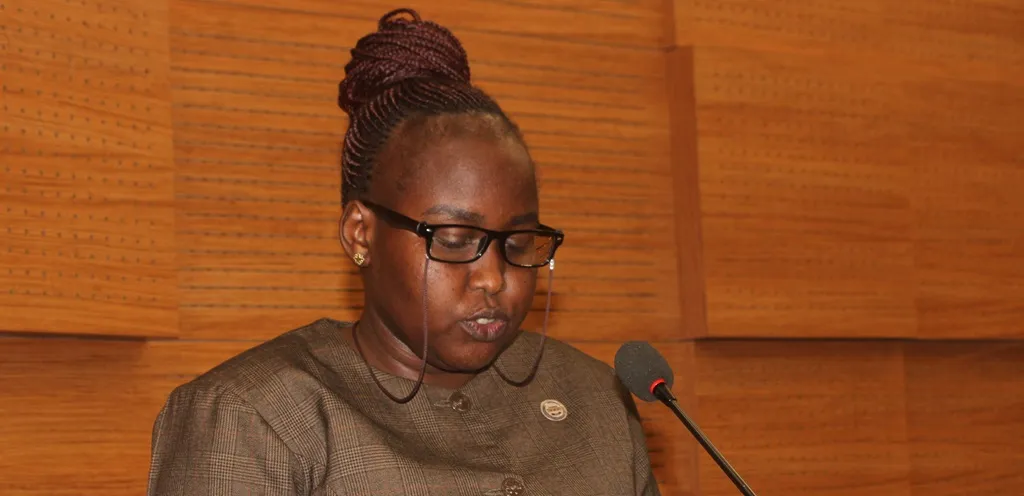South Sudan’s parliament advanced a landmark cybercrime bill Thursday, a move lawmakers say is critical to regulating digital spaces and combating online offenses in the world’s youngest nation.
The crimes include Unauthorized Data Transmission, human and drug trafficking, computer hacking, espionage, economic sabotage, cyber terrorism, and sexual offense communication. Others include publication of false information and indecent content, impersonation and other identity-related offenses as well as disclosure of passwords, among others.
The sentences for the crimes range between four, and twenty years of imprisonment.
The Transitional National Legislative Assembly, in an extraordinary session, moved the Cybercrime and Computer Misuse Bill 2025 to its third and final reading. The bill, which has been in the works for years, aims to create a legal framework for prosecuting cybercrimes, protecting digital transactions, and regulating social media.
The legislation’s journey began in May 2021 when President Salva Kiir issued it as a provisional order, a mechanism allowed by the constitution when parliament is in recess. However, the assembly later sent it back to the executive to be repackaged as a formal bill. It was first tabled in that new form in September 2024.
The purpose of the provisional order is to protect and prevent any crimes committed through computer or computer system, Internet or any related activities.
Addressing the assembly, Natalina Amjima Malek, the acting chairperson of the Committee for Information, called the bill “paramount” and said it aligns with both national and international legal standards.
“This bill is consistent with the Constitution of the Republic of South Sudan and is compliant with international conventions, including the Malabo Convention on cybercrime,” Amjima said.
She detailed the committee’s extensive preparations, which included public consultations, workshops supported by UNESCO and the U.N. mission in South Sudan (UNMISS), and benchmarking trips to study similar laws in Kenya and India.
During her address, Amjima outlined several amendments made by her committee. She stated that new sections were added to clarify the obligations of service providers in protecting users and helping to reduce cybercrime.
The committee also reorganized the bill’s structure, creating distinct chapters for “Offences and Penalties” and the “Establishment of Prosecution Units and Procedural Powers of Investigation.” Furthermore, she confirmed the addition of numerous new sections detailing specific offenses and their corresponding penalties.
Lawmakers from across the political spectrum voiced strong support for the bill, citing an urgent need to address a legal vacuum.
Bol Toby Madut, a member of the SANU Party, described the bill as “the traffic police that will handle the cyber issues.” He lamented the current “lot of misuse of social media” and the lack of consumer protections for the growing use of mobile money and other digital financial services.
Elizabeth James Bol, a representative from the SPLM-IO Women’s League, noted that South Sudan is playing catch-up with its regional neighbors.
“All East African countries have a cybersecurity crime law. They have it, only South Sudan does not,” Bol said. “This is an overdue bill in the country.”
Proponents argue the law is vital for South Sudan’s entry into the digital era, where online fraud and the spread of misinformation on social media platforms have become significant concerns.
The country’s National Communication Authority has operated without a specific cybercrime law to enforce.
The bill will now proceed to a third reading, where lawmakers will deliberate on its specific provisions in detail before a final vote to pass it into law.
The High Court in Kenya has temporarily suspended the enforcement of a section of the newly passed Computer Misuse and Cybercrimes Act that introduced tougher penalties for cyber harassment — including fines of up to Sh20 million or imprisonment for up to 10 years.
Justice Lawrence Mugambi issued the conservatory order on Wednesday following an urgent application filed by gospel musician Dr. Reuben Kigame Lichete and the Kenya Human Rights Commission (KHRC).




